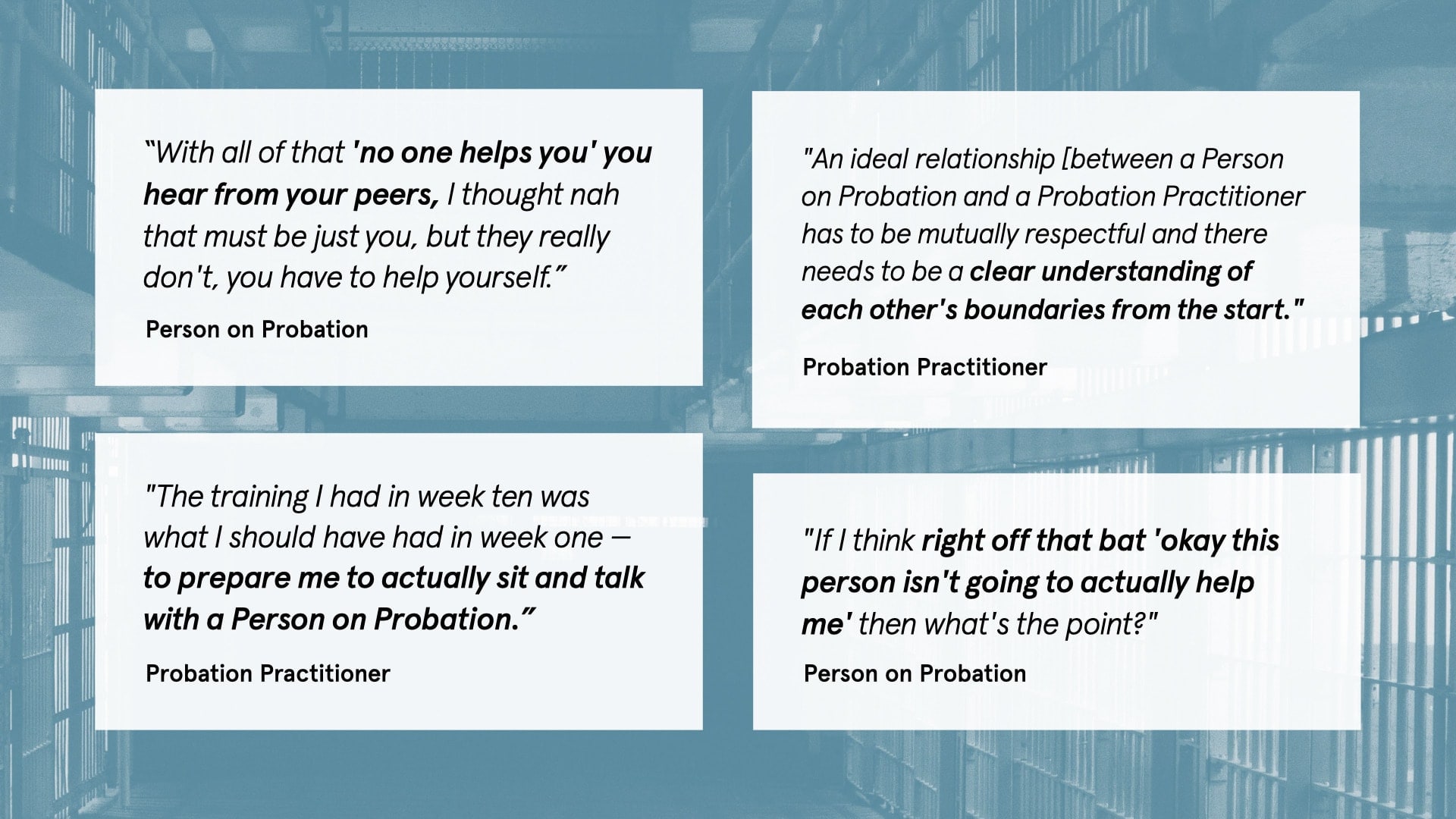With a background in photography and design, I have always been a visual thinker and communicator. I am originally from Seattle, WA, USA and spent four years at the Rhode Island School of Design studying Graphic Design. After another four years of working as a visual designer, I found my way to Service Design and the RCA. I have since developed a deep desire and curiosity to understand users and complex systems, and Service Design has taught me how to create and deliver the right solutions to the right problems.
Sarah Morse


I am excited to see what life after the RCA has in store as I get to continue exploring the world through the lens of Service Design. As I begin to look for career opportunities, I am eager to continue to understand ways of promoting positive social change through design; I believe that is our main responsibility as designers and creators.
What I enjoy the most about the Service Design approach to problem solving is that it forces you to put real people at the center of your creative process. In order to create effective solutions, you must gain a deep understanding of the context in which you are working as this allows you to frame the right problems and ultimately find opportunities within them. I hope to find a role that allows me to take a deeper dive into this idea, and allows me to explore new tools, techniques, and methods.



